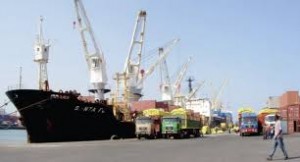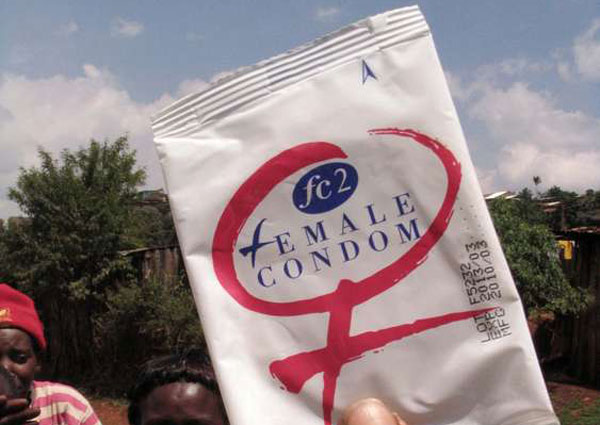 Members of the Ghana Food and Beverages Importers Association have expressed concern about the proposed introduction of the Ghana – Conformity Assessment Programme (G-CAP) by the Ghana Standards Authority this month.
Members of the Ghana Food and Beverages Importers Association have expressed concern about the proposed introduction of the Ghana – Conformity Assessment Programme (G-CAP) by the Ghana Standards Authority this month.
According to the Ghana Standards Authority (GSA), the implementation of the G-CAP would ensure that products to be shipped to Ghana would be inspected by the Authority’s service provider called Societe Generale De Surveillance (SGS) in the exporting country before they arrive in Ghana since SGS operated in almost all countries.
Where the products conform to standards, a certificate of conformity would be issued to the importer and a copy sent to the GSA in advance before the consignment arrives in the country.
However, if a product does not meet specified requirements, a non-conformity report would be issued and the exporters on that basis would be barred from exporting the goods or products to Ghana.
Addressing the press on Thursday, Mr Samuel Ato Aggrey, Acting Secretary, Ghana Food and Beverages Association, said by the introduction of this directive, the GSA and other regulatory bodies were delegating their monitoring functions to a foreign entity.
He said the GSA had not had any consultations with or educated the stakeholders on the introduction of their new policy.
“Incensed by the danger ahead, we petitioned the Parliamentary Sub-Committee on Trade which, after listening to both parties, the Committee Chairman instructed the GSA to suspend the implementation of the G-CAP for further consultations with stakeholders, which never happened,” he said.
He said upon deliberation with Dr Mustapha Hamid, Deputy Minister of Trade and Industry, and stakeholders, the minister also called for the suspension of the programme to allow for broader consultation, which was also not headed.
“The Deputy Minister even called for the formation of a three-member committee which was to meet with GSA to iron out all differences and report back on 1st November, which has not happened,” he said.
“The information which GSA has put out that it has met with stakeholders is not true as there has not been any meeting anywhere in Ghana,” he said.
He said the inability to stem the importation of inferior good unto the Ghanaian market should be blamed on GSA as they were also in charge of the two main entry points in the country adding no goods could make its way onto the market without their authorisation.
“So is the GSA saying today that inferior goods are on the market, then whose call is it, isn’t this an indictment on them as there would be no excuse for that?” he asked.
He called on Ghanaians to ignore the assertion by GSA that the impaction would not come at an additional cost to importers as any inspection done by SGS came at 0.5% cost of the invoice value to the importer.
Mr Aggrey said the capital investment by importers had taken a nose dive for some few months due to harsh policies which affected the local currency.
He said members of the association had of late witnessed appreciable and unprecedented level of increments in all government tariffs while at the same time, government agencies such as the Food and Drugs Authority and GSA had also increased their tariffs in some cases between 100 to 200 per cent.
Mr Aggrey said importers were overburdened as there were other government bodies which also collected revenue from importers for government, which brings direct burden on the importer, the consumer and the tax payer.
“We must say that the dwindling value of the currency is not by external forces but the over burdening pressure being put on the importer and the local manufacturer to pay more which the importer will eventually pass onto the consumer,” he said.
He wondered why the GSA would delegate its monitoring responsibility which could earn the nation income to a foreign company.
Mr John Awuri, Executive Member, Food and Beverages Importers Association, said the implementation of the G-CAP would only bring about duplication of function, increase operation cost of importers, bring about smuggling by those who could not afford the service of SGS, which would breed corruption.
He appealed to GSA to lead the call by stakeholders such as the Ghana Trades Union Association, Ghana Automobile Dealers Association, Imports and Exporters Association, and the Association of Ghana Industries to review the G-CAP.





